Double, Double Toil and Trouble
The Hell-broth of Book Two
In Macbeth, the witches, with their proclivity for mischief maximised, often meditate on the kinds of foul play they enjoy inflicting. What mortals find ‘fair’ (or beautiful) is a foul show of mawkishness and human weakness to them. Instead, they call for double the suffering, double the fear and self-loathing. Hell, that’s their idea of a good time.
Whilst quoting Shakespeare is all very English teacher of me, I can’t help but feel like my own ambition (a tad less ‘vaulting’ than Macbeth’s, it must be said) has invited a sense of evil into my life. I’m being hyperbolic of course, but book two really is a bit wicked. It’s two times harder than book one, at least, and not just because I’m in the system now, all too aware of its ugly bits, and quite frankly, it’s hard to get the desired end goal out of my head in order to write a ‘messy’ first draft.
If we’re doing Shakespeare, we may as well throw in a student-favourite, the brilliant metaphor, ‘o full of scorpions is my mind’, because let’s face it, writing a shitty first draft right after finessing a debut that has been polished to within an inch of its life, is a real kind of psychological torment. When I sit down at the end of a long day to squeeze out the dregs my brain has left to offer, I’m always judgemental of what lands on the page, chronically unable to let it lie until it’s at least halfway decent (subjectively speaking).
Lots of you say that writing a first draft should be akin to vomiting. The analogy, aside from being gross, doesn’t work for me. It’s well-trodden ground to claim that we all learn differently; what works for one person is another’s worst nightmare. Where Macbeth chooses violence, Banquo decides to peruse a more moral, although no less deadly course of action. Because is the figurative vomit draft any less painful? I don’t know about you, but when I throw up, I’m hardly having the time of my life. Equally, the approach I take, five-hundred words or less per session, edited as I go, has its own drawbacks. The main one seems to be the job it does on my self-esteem. The internal-ablest has time to rear up like some kind of judgey ghost and tells me – a chronically ill, disabled person in active treatment – it shouldn’t take this long, that I’m all out of steam.
Why bother when all this effortful agony might not equate to another book deal? Objectively, this noise is a load of rubbish. We all know first drafts are edited, whether they’re clean or not. Despite my best efforts to loosely plan this time, things will change. So why can’t I give myself permission to enjoy the ride by exorcising the moralising ghost?
I said to my critique partner that my crisis of confidence stems from the expectation that a second novel surpasses the last. She didn’t try to negate this reality – we do expect artists to get better, not worse, over the course of their careers. Someone else added that it’s an unfair comparison. A Healthy Appetite is my heart book; there will never be anything quite like it, and that’s okay.
Let it be and move on.
Maybe what I need to do is consider my next project in isolation; think of it as a second debut of sorts, with its own personality and opportunity to introduce itself, detached from any kind of legacy. ‘Legacy’ feels icky in this context, self-aggrandising even (there goes that ghost again, rattling its chains!), but you know what I mean. Some authors reach larger audiences with their next book and in a sense, it becomes a bit of a second go at a debut. The old adage is right: comparison is the thief of joy, so I’m going to keep reminding myself that this book exists in isolation – that it’s damaging to compare it to any form of finished article (published books that aren’t mine included).
Also, if it works for you, I can’t recommend a critique partner enough. Just make sure you set your expectations and boundaries. Possibly, you don’t want big picture notes during draft one because pulling out one matchstick will make the whole quasi-house fall down. So ask them to focus on highlighting the bits they enjoyed or, seek feedback in the form of smaller, actionable suggestions you can fix in less than fifteen minutes. This works for me, and seems to spur me on knowing what I’m moving on from isn’t total carnage.
So where am I now? Novel two isn’t under contract but I’m nearing 60k and I’m remembering to celebrate all of the milestones. Last week I bought a deliciously nostalgic sticker book from my childhood and have begun the aspirational hunt to find the stickers to complete it. Regressing into the nicer parts of my childhood reminds me to let loose every once in a while – to let the nagging adult rest.
Ultimately, I didn’t think I could do it again – dare to imagine anything beyond my last project – yet here I am, doing it anyway, even if it’s sometimes troublesome and always twice as hard as it ever was before it became real.
– K x
Screen Saver 🎬
What I'm Watching
The Vigil (Dir: Keith Thomas, 2019)
Taking a break, from the Insidious franchise, Blumhouse, via debut writer-director Keith Thomas, has a bash at the horrors that might be found in the Orthodox community of Boro Park, Brooklyn, in what promises to be a horror movie with most of the expected moves, plus some Yiddish and interestingly, head and arm tefillin - a getup I haven’t seen once before in the hundreds of horror movies I’ve watched.
It’s never not dicey, it it? Invoking the very-real traumas of The Holocaust for the maybe-cheap thrill of a good scare. But The Vigil isn’t cheap-looking, nor does it skimp on the kind of actors who feel right for the piece. Dave Davis is so convincing as a lapsed orthodox Jew, (he does terrified twitching like no one ever before), that I didn’t mind much that the end felt a bit convenient (I’m reminded of the recent ending to the Conjuring franchise - if you know, you know) , or that the character he plays sits with his back to the dead body he is meant to be watching over, and later falls asleep. There’s zero chance you’re sleeping in that haunted house, especially not with the corpse’s grieving widow flopping about upstairs. The movie redeems itself though, when Davis does what we scream at the TV to do: RUN AWAY, and the organised evil undoes our momentary relief by having him literally crawl back. We can’t ignore what scares us; there’s no running from it.
The Vigil taught me stuff too - like, for instance, what a ‘dybbuk’ is (see: a Jewish folkloric disembodied soul, searching for a host to scare the living daylights out of and, in parasite-style, feed from). I want horror movies to make me feel thirty-minutes-of-cardio-wrung-out, but I also, more and more, need them to do something fresh. I’m ashamed to admit, that these days it’s harder and harder to scare me. Possibly, we have our very horrifying real world to thank for that - the news is never not a source of anxiety and terror, is it?
At its heart, Thomas’ debut is about the indelible legacy of guilt and trauma, and how complicated faith’s place is in healing from it. I found the historic presence of The Holocaust applied to the modern-day events of the movie, sensitively and tastefully done and would love to see more big-budget production companies cover spaces other than ‘well-trodden ground’ when it comes to the cultures their movies are located in.
4 ☆☆☆☆
Current Reads 📚
Pre-Halloween reads...
This incredibly vile book is perfect for spooky season, but alas, you greedy lot will have to wait until February 2026 for your first taste. 🥀🍄🧨👹💋
With total transparency, I put on my big girl pants and asked for an early reader copy of this because I couldn’t wait. Patience has never, ever been my strong suit. So what follows is born from devouring a gifted copy of the novel, but as always, these are my my honest (yet subjective) thoughts immediately after finishing.
He’s The Devil by Tobi Coventry is an absolute bomb of a modern horror story, which takes the loneliness epidemic and shoves it up against one horny, hungry devil looking to make new friends.
Having a flatmate is so often hell, but what about when the person who moves in isn’t alone? Simon is upset at first, grieving the sudden loss of his former flatmate Josh... then Simon starts to see in Massimo an impish, dangerous force, one he’s not entirely repulsed by. But who is Massimo really? Beyond the striking Italian boy, with a penchant for mushrooms and bell peppers straight from the jar. You’ll have so much fun finding out...
Tobi Coventry is such a fresh talent, with unhinged prose for days and a wicked imagination. If you loved Gerardo Sámano Córdova’s Monstrilio and Lucy Rose’s The Lamb, grab this as soon as it hits shelves, and don’t even question it when this devilish treat asks to be invited in.
Bonus October Recommendations
As always, my reviews are just that: subjective – none of this is scientific.



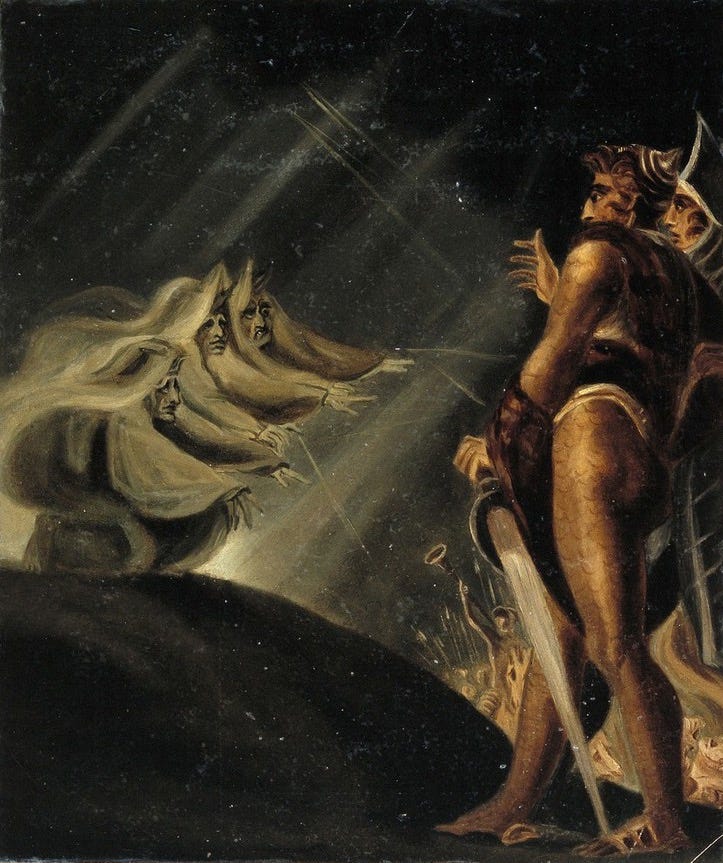

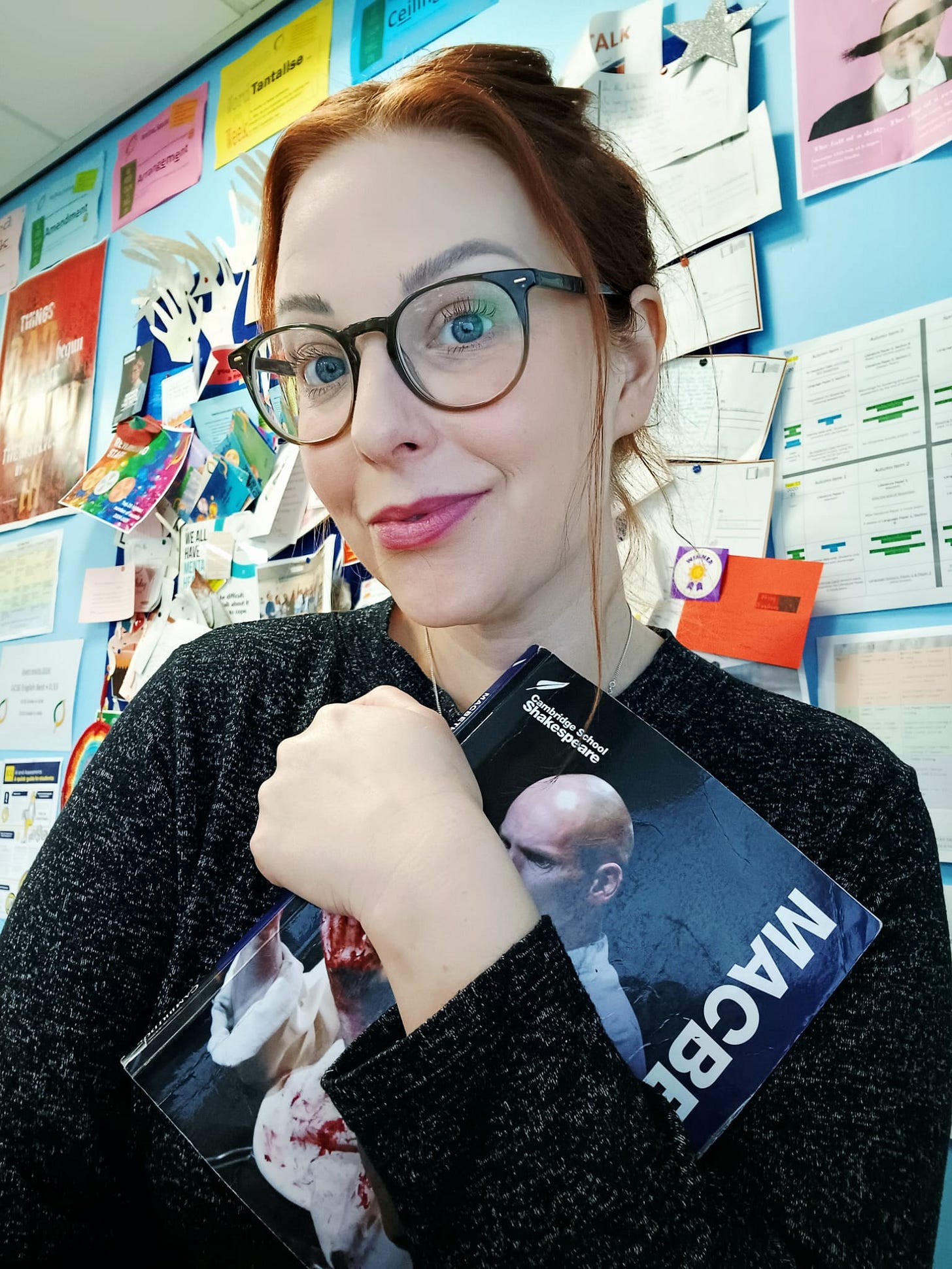
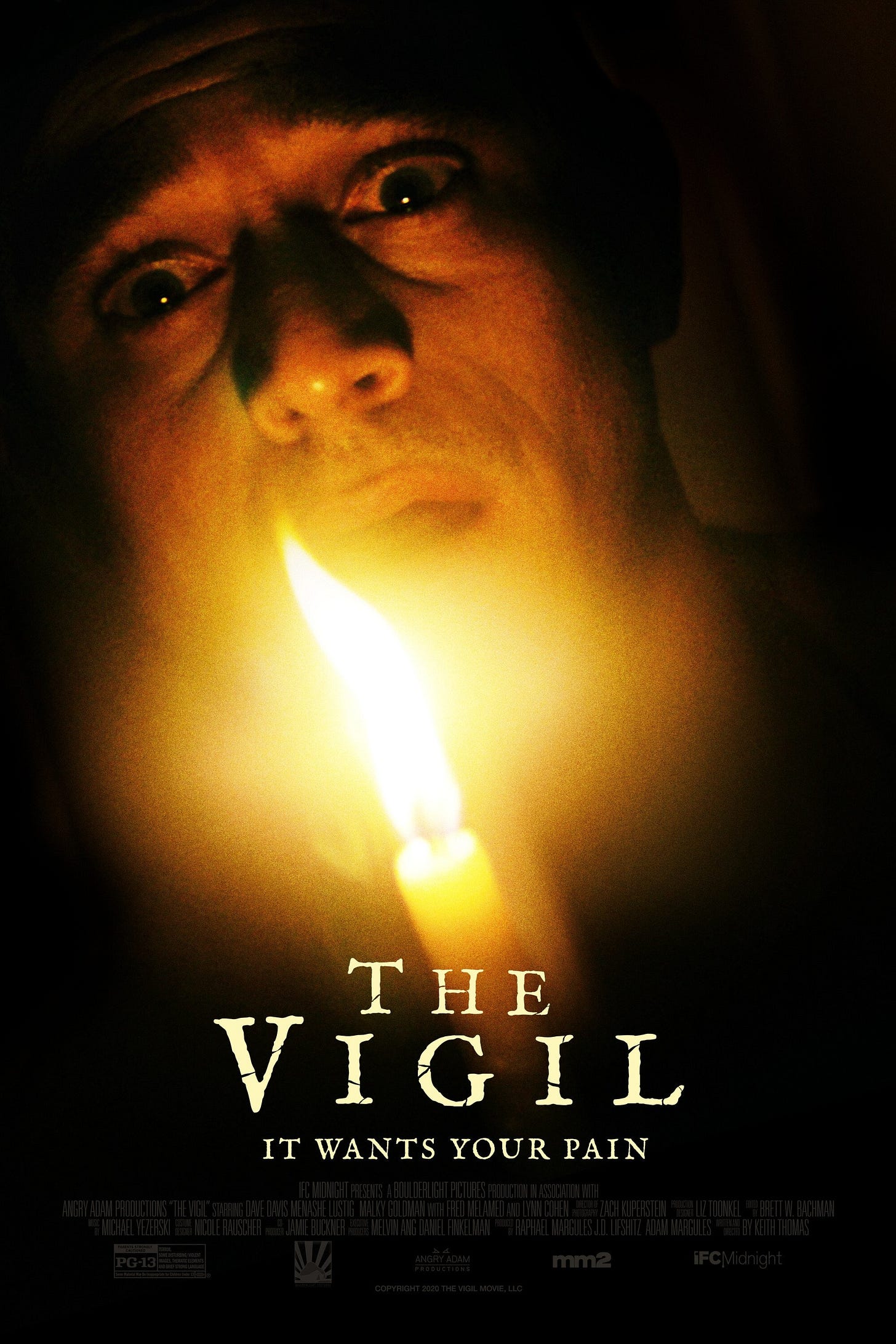
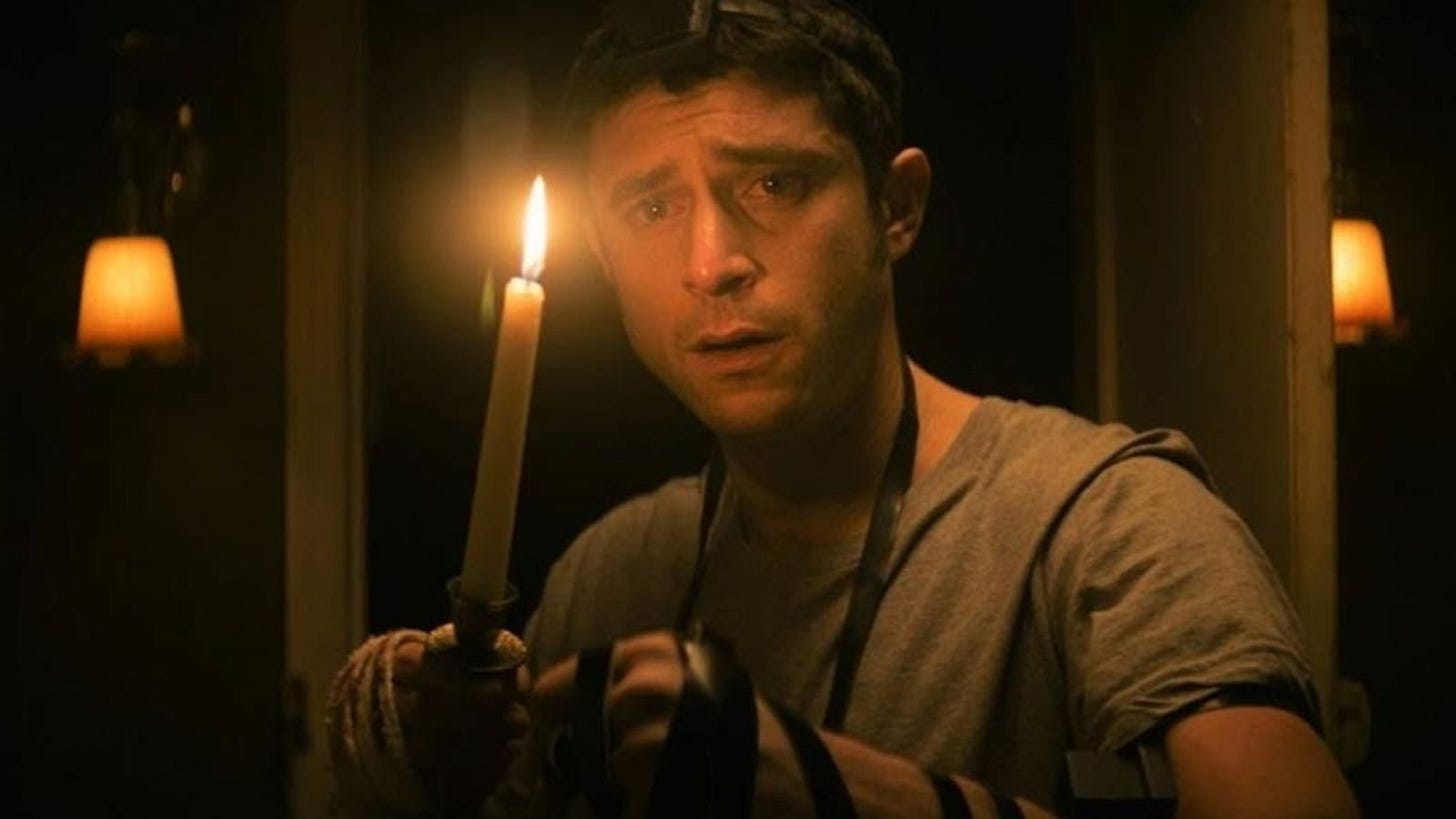
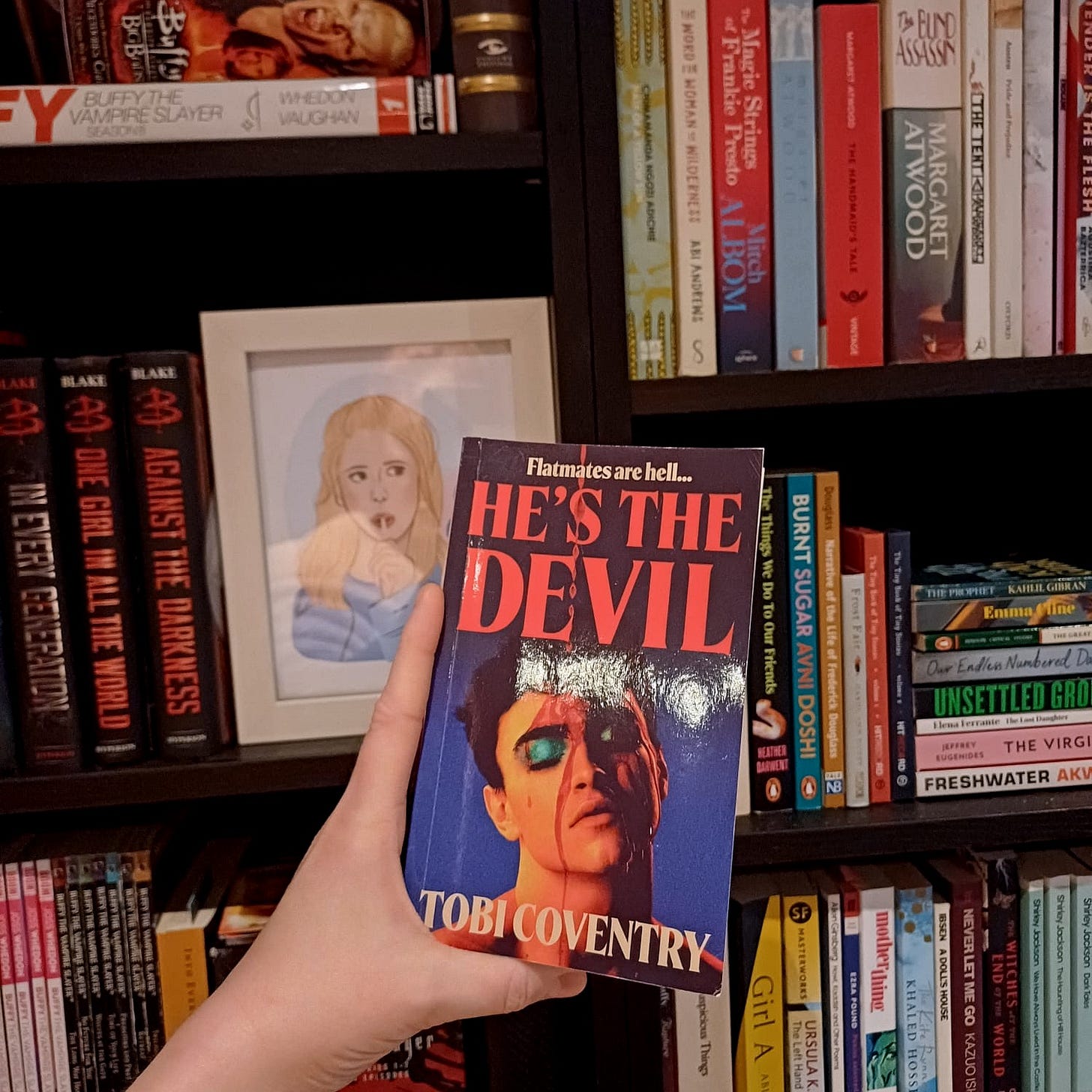
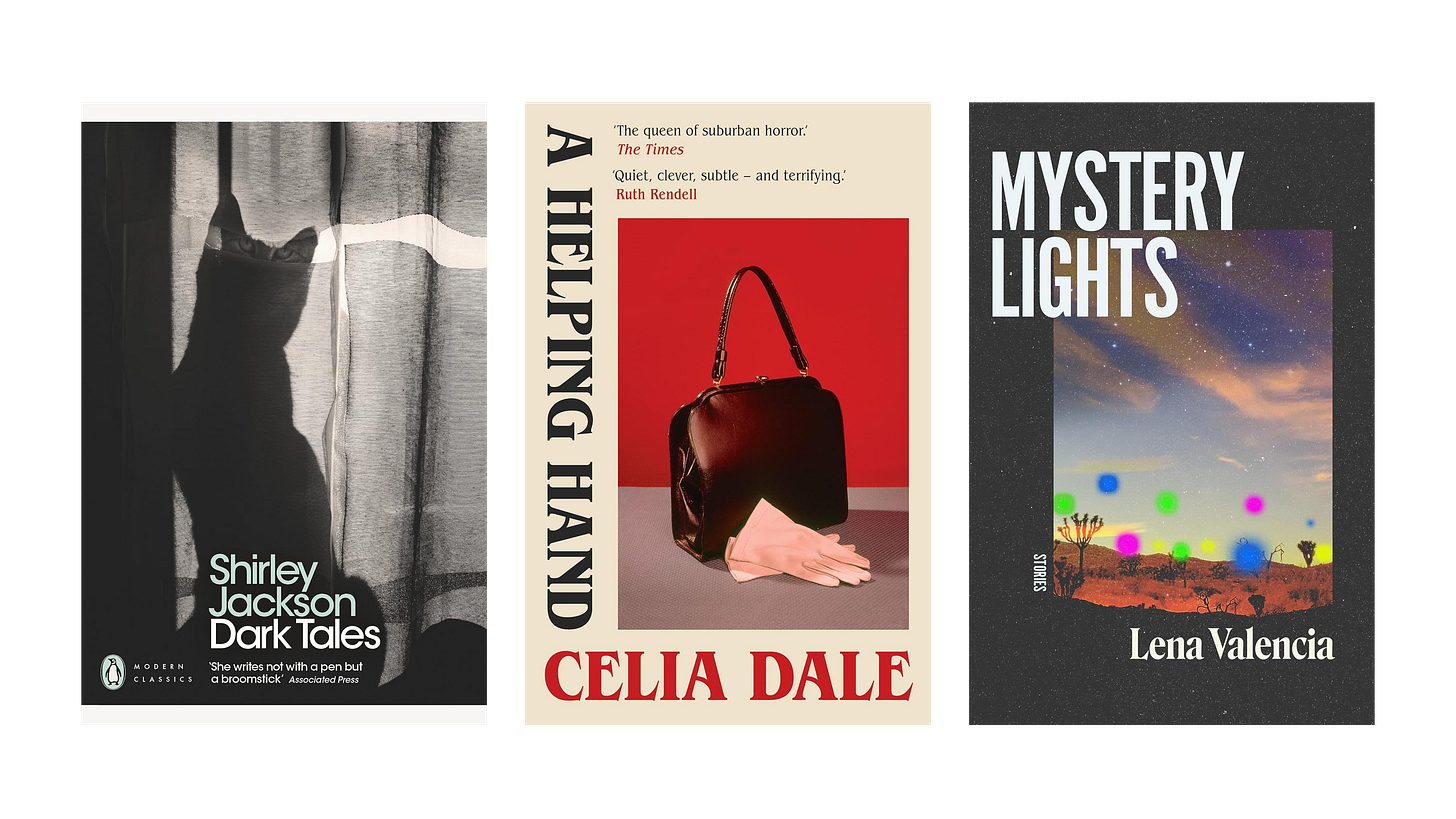

Oh I love this (and your writing style). You're so right about the second living in isolation. We are so quick to compare, be it as authors or readers. Critique partners are invaluable too!